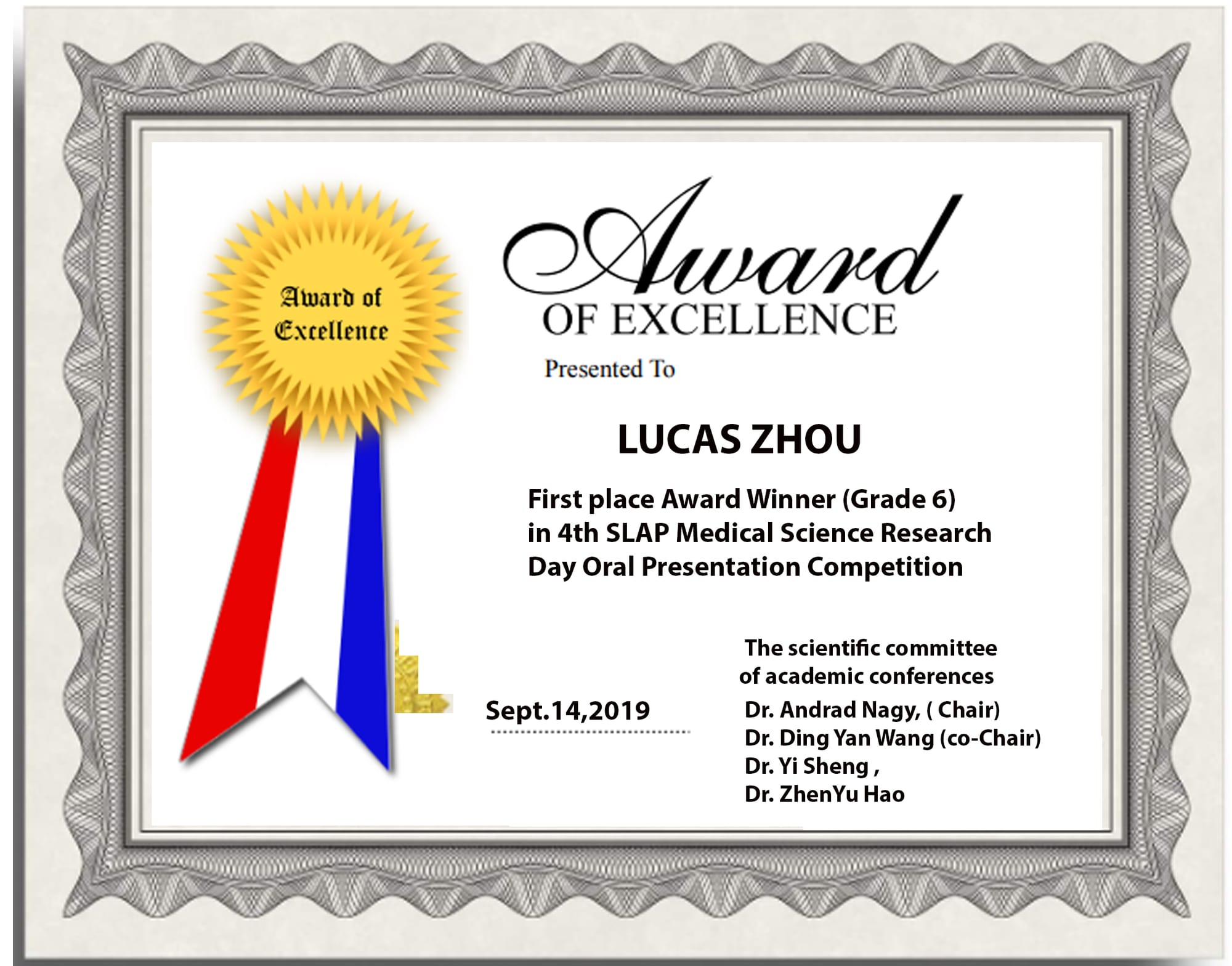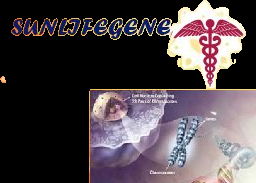What is SARS COV2 and COVID19: What you need to know Lucas Zhou Grade 6 student Toronto On Canada Feb 28,2020

What is SARS CoV2 and COVID19: What you need to know
Lucas Zhou Grade 6 student Toronto On Canada
The coronavirus is a family of viruses, they have a range of different symptoms from the common cold to viral pneumonia. They circulate in animals and are then transmitted to humans. There are only 7 coronaviruses that are known to affect humans. In past years we have encountered other coronaviruses like SARS and MERS. Coronavirus disease 2019 (COVID19) is an infectious disease caused by severe acuterespiratory syndrome coronavirus 2 (SARS-CoV2) since December 2019.
SARS-CoV2 inject their RNA into the host’s cell and use the organelles to make more of the virus. Then, the cell lysates and releases the virus. This is known as the incubation period. The SARS-CoV2 incubation is at least 2 weeks.
So far over 70 000 people have been infected and almost. 2000 have died in China, most in the Hubei province there have been deaths in other countries. In North America the risk still remains low even though the world health organization (who) declared a global health emergency.
How does Sars CoV2 get in to the cell
SARS-COV2 uses ACE2 (angiotensin-converting enzyme 2) which is found on certain cells in the heart, kidneys, blood vessels, and lungs. This is the same thing SARS (severe acute respiratory syndrome) uses to enter the cell. ACE 2 regulates blood pressure and heart function.
Should you be worried
You don't need to be worried unless you live where there are high risks.
To prevent infection you can do this
Wash your hands, basic hygiene
Maintain 1m distance when talking
Don’t touch animals if you do wash your hands.
Don't eat raw meat
What treatment is available
There is no treatment available but if it gets serious then we can use ECMO therapy(extracorporeal membrane oxygenation) to support the patient. ECMO takes out blood and oxygenates it then pumps it back into the body. There are 2 types of ECMO therapy, venovenous which gives cardiopulmonary support and venoarterial supports extracorporeal gas exchange and circulatory supporReference:
1. https://www.thelancet.com/journals/lancet/article/PIIS0140-6736(20)30185-9/fulltext
2.https://www.who.int/emergencies/diseases/novel-coronavirus-2019
3.https://www.nature.com/articles/ncomms15092
4.https://www.ontario.ca/page/2019-novel-coronavirus
5.https://www.nejm.org/doi/full/10.1056/NEJMoa2001017
6.https://www.nejm.org/doi/full/10.1056/NEJMoa2001316
7.https://www.sciencemag.org/news/2020/02/paper-non-symptomatic-patient-transmitting-coronavirus-wrong
8.https://www.nature.com/articles/s41586-020-
